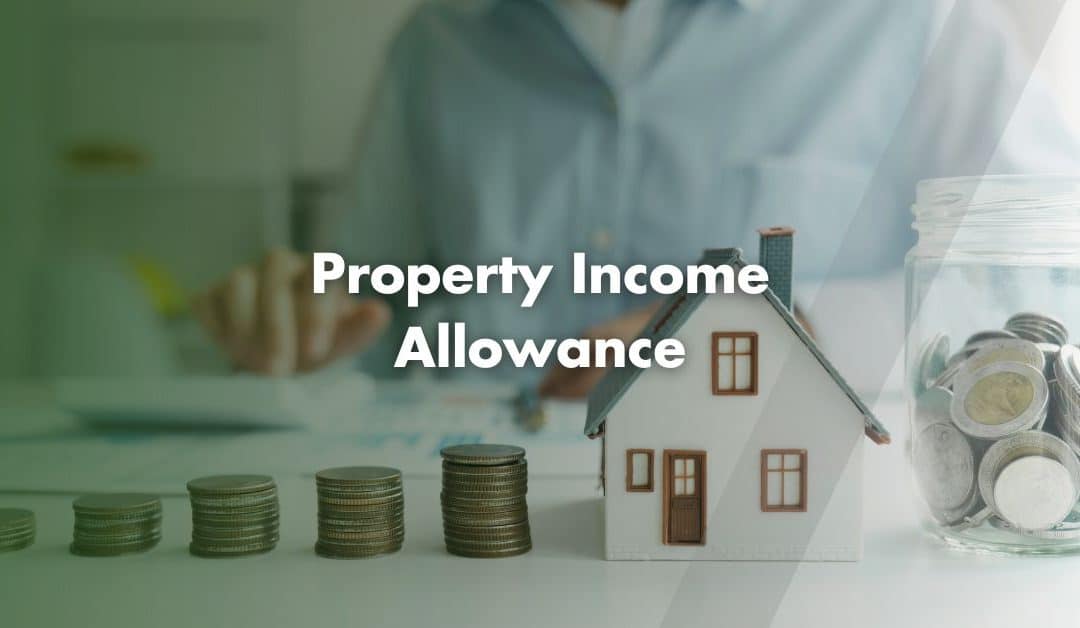HMRC introduced the Property Income Allowance as a tax exemption, which allows individuals to earn up to £1,000 per year from property-related income without paying tax or reporting it to HMRC.
This applies to income from:
- Renting out a driveway or parking space
- Leasing storage units or garages
- Short-term lets on platforms like Airbnb (if it does not qualify under the Rent a Room Scheme)
If your gross property income is £1,000 or less, you do not need to declare it to HMRC. If your income exceeds £1,000, you must decide whether to claim the allowance or deduct actual expenses to reduce your taxable income.
How to Declare Property Income Over £1,000
If your total rental income exceeds £1,000 in a tax year, you must declare it by filing a Self Assessment tax return. You can then choose between:
- Claiming the £1,000 allowance, which reduces your taxable income and means you only pay tax on the remainder.
- Deducting actual expenses, if your property-related expenses exceed £1,000. This may reduce your tax bill more effectively.
For example: You can earn £1,500 in rental income and claim the £1,000 Property Allowance, so HMRC will only tax the remaining £500. However, if your expenses total £1,200, it would be more beneficial to deduct expenses instead.
Joint Property Ownership
If you jointly own a property, HMRC entitles each owner to the £1,000 allowance separately.
For example: You and a partner can rent our a garage and earn £1,800 total. Each of you can claim £1,000, making £800 of the income tax-free. If your share of the income exceeds £!,000, you must declare it and decide whether to claim the allowance or deduct expenses.
When You Cannot Use the Property Income Allowance
Not everyone can use the allowance. You cannot claim it if:
- You rent a property through a company you own or control.
- Your rental income comes from a business partnership.
- You claim mortgage interest tax relief or use the Rent a Room Scheme.
- You or your spouse’s employer pays your rental income.
Impact on Benefits and Tax Credits
Using the Property Income Allowance can affect other financial aspects, such as:
Tax Credits and Student Loan Repayments – While the Property Income Allowance reduces taxable income for HMRC purposes, it does not reduce your total income for benefits or student loan repayments. Tax Credits and student loan repayments are based on Gross Income before any allowances.
Universal Credit – You must still report your property income in full when applying for Universal Credit. Even if you claim the £1,000 Property Income Allowance, Universal Credit is based on your total earnings before deductions, which may affect the amount you receive.
Contact Us
We are not just accountants; we are Chartered Accountants with one of the most reputable and premium accounting bodies. We are registered and regulated by ACCA; so you can rest assured that you are in good hands. Knowing this, don’t hesitate to get in touch with us if you require assistance: Pi Accountancy | Contact Us
The information provided in this article is intended for general guidance and informational purposes only. While we strive to ensure accuracy and keep content up to date, tax laws and regulations may change.

